How the Premier League has changed football forever
The game is barely recognisable after 25 years of hype, money and transfer mayhem
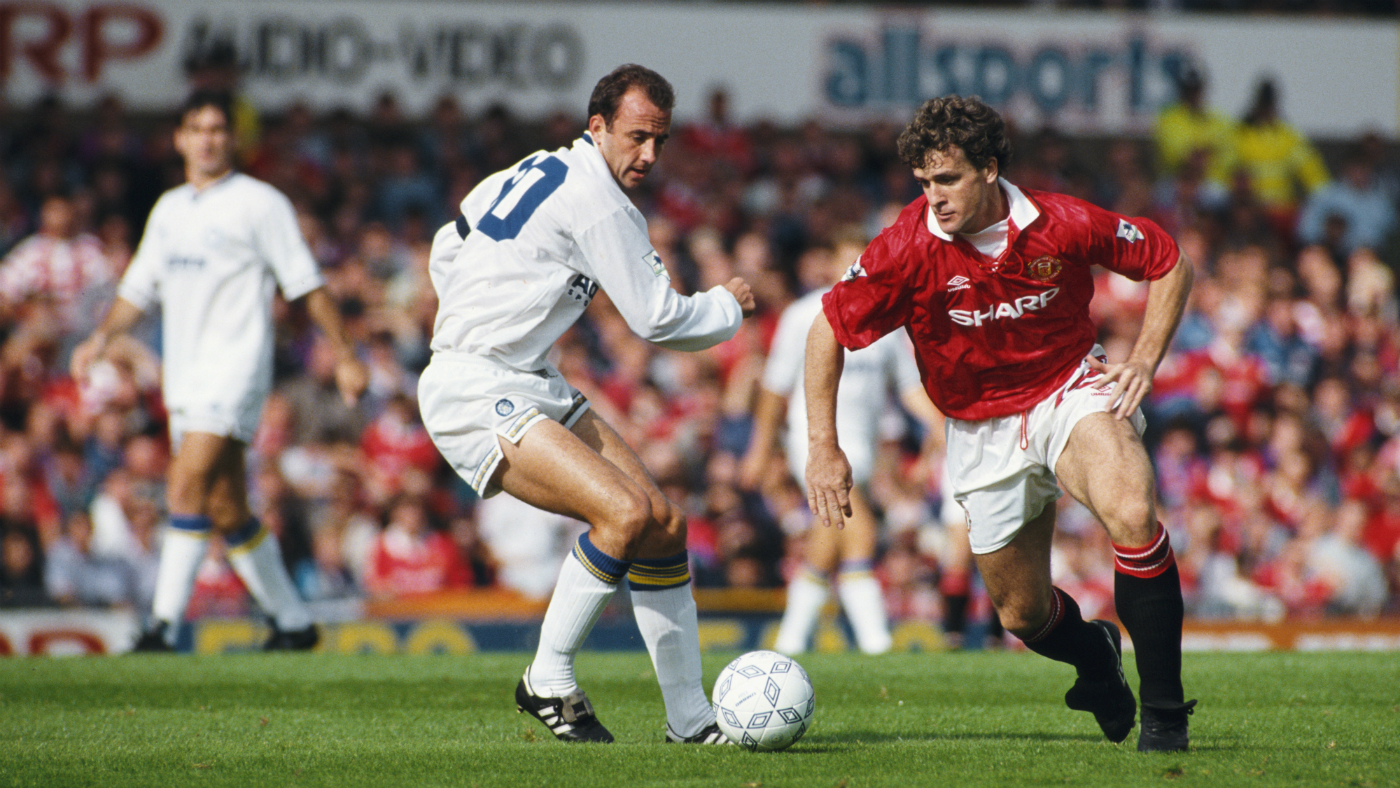
A free daily email with the biggest news stories of the day – and the best features from TheWeek.com
You are now subscribed
Your newsletter sign-up was successful
The Premier League turns 25 this season and in the quarter of a century it has been around football has changed almost beyond recognition.
Since it was founded in 1992, there have been 9,746 games, 25,769 goals and 47 teams that have taken part, says the BBC.
But those numbers pale into insignificance compared to the vast sums of money invested by owners, the transfer fees and the column inches the Premier League has generated.
The Week
Escape your echo chamber. Get the facts behind the news, plus analysis from multiple perspectives.

Sign up for The Week's Free Newsletters
From our morning news briefing to a weekly Good News Newsletter, get the best of The Week delivered directly to your inbox.
From our morning news briefing to a weekly Good News Newsletter, get the best of The Week delivered directly to your inbox.
So what impact has the Premier League had?
Coverage:
Key to everything has been the Premier League's ever-tightening control of the media landscape.
"To fully appreciate the overwhelming success of the Premier League over its first quarter of a century, it's worth flicking through a British newspaper from the early 1990s and assessing the nature of the sport section," says Michael Cox of ESPN.
A free daily email with the biggest news stories of the day – and the best features from TheWeek.com
In most papers, football "competed for attention with rugby and cricket, vanishing almost completely during the summer off-season", he says.
That is not the case any more. On many news websites, sport and football are now separate sections, and there is never any let up in the news pouring out of the division.
"To consider the Premier League purely in terms of its media coverage might seem peculiar but the division's rise has been based entirely around its coverage," says Cox. "The division itself was essentially created for visual entertainment, and effectively rescued Sky's satellite subscription service, which was previously running at a loss."
In the final season of the old First Division, 18 games were shown live on ITV.
"That increased to 60, now 168, with television's billions flowing into the game. Nothing in English football would be the same again," says The Times.
Money:
Nothing illustrates the scale of the Premier League more than the TV rights auction, which last time raised £5.1bn from domestic broadcasters Sky and BT Sports, and around £8bn in total.
"Sky is now paying over £10m to broadcast every match, which is astonishing considering rights to the entire final old First Division season, in 1991-92, cost less than £15m," says Cox of ESPN.
At the same time, ticket prices have rocketed and transfer fees have gone through the roof – in 1992 the British transfer record was £5.5m – while players' wages have become stratospheric, ensuring that most will never need to work again.
Against that backdrop have come the billionaire owners, with Roman Abramovich leading the way by buying Chelsea in 2003. Now the top clubs have American, Middle Eastern and even Chinese owners.
But all that money has led to "alienation", says Jonathan Wilson in Sports Illustrated. Few can afford tickets to see their team play regularly and "the idea of football as the working man's game is, on the level of going to matches, absurdly old-fashioned".
Players:
Part of the Premier League's strength is its global appeal. That's because it's become home to the world's best players, but back in 1992 the English league was rather less international.
"Out of 242 players who lined up for the first games 25 years ago, only 13 were from overseas," says the Times.
It was a very different story in May of this year, says the BBC. "The number of overseas players who started ten games on the last day of the 2016-17 season was 112 out of 220.
"Over 25 years, a total of 3,835 players have played at least one Premier League game while 113 different nations – including the Seychelles, Pakistan and Guinea-Bissau – have been represented."
The Bosman ruling in 1995 made a huge difference, allowing players to leave clubs for free when their contracts expired and banning limits on the number of foreign EU players.
Four years later, in 1999, the then-Chelsea boss Gianluca Vialli became the first Premier League manager to pick a team without a single British player.
Vialli himself was an example of the changes that have taken place. In 1992 the managers of all 22 clubs were British. When this season begins 13 of the 20 teams will be managed by foreigners.
That too has led to changes in the game, says Wilson in Sports Illustrated. "Commitment and loyalty, two of the virtues on which the game was founded, are honoured now in the abstract if at all."
-
 Political cartoons for February 16
Political cartoons for February 16Cartoons Monday’s political cartoons include President's Day, a valentine from the Epstein files, and more
-
 Regent Hong Kong: a tranquil haven with a prime waterfront spot
Regent Hong Kong: a tranquil haven with a prime waterfront spotThe Week Recommends The trendy hotel recently underwent an extensive two-year revamp
-
 The problem with diagnosing profound autism
The problem with diagnosing profound autismThe Explainer Experts are reconsidering the idea of autism as a spectrum, which could impact diagnoses and policy making for the condition
-
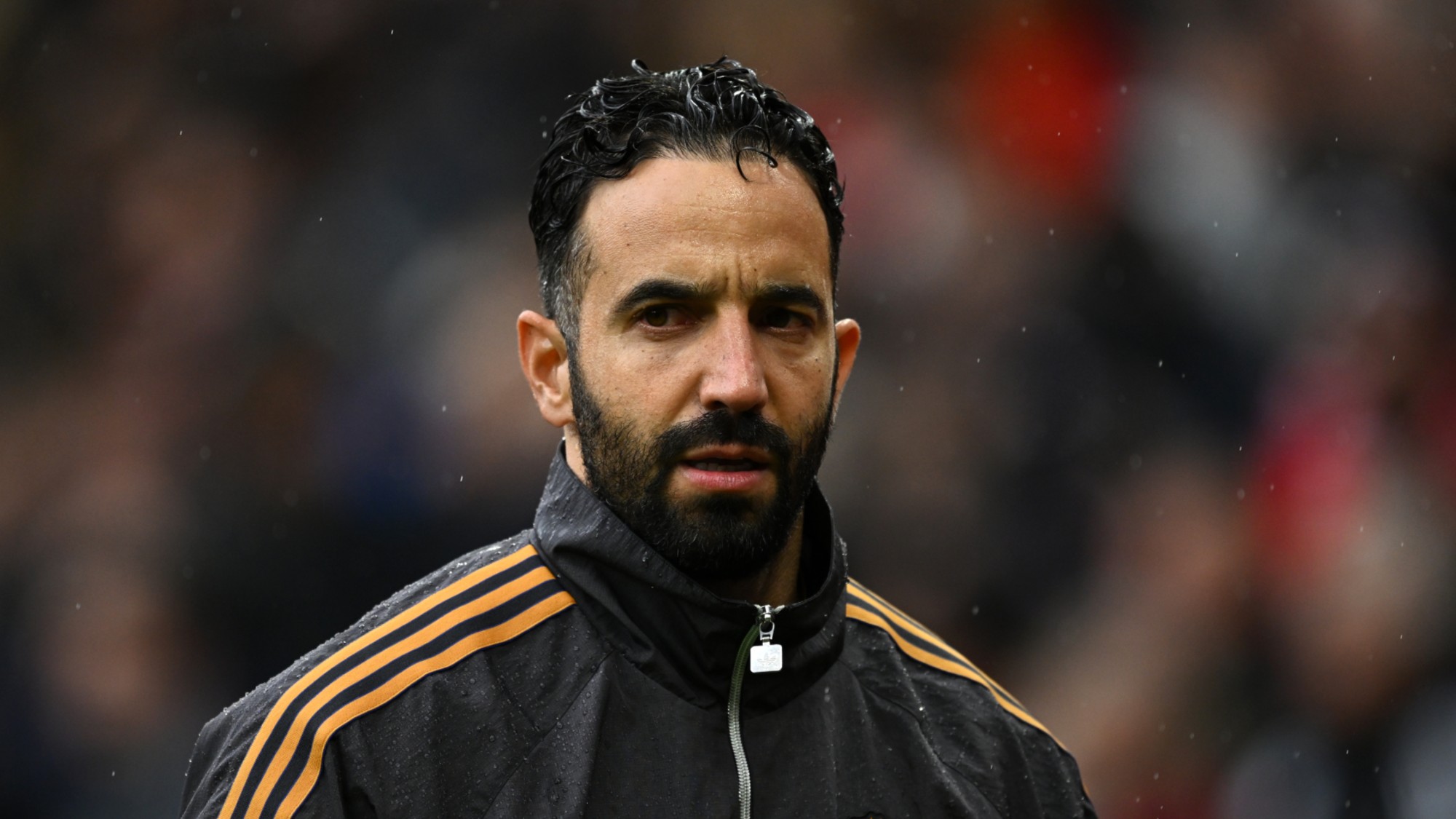 Amorim follows Maresca out of Premier League after ‘awful’ season
Amorim follows Maresca out of Premier League after ‘awful’ seasonIn the Spotlight Manchester United head coach sacked after dismal results and outburst against leadership, echoing comments by Chelsea boss when he quit last week
-
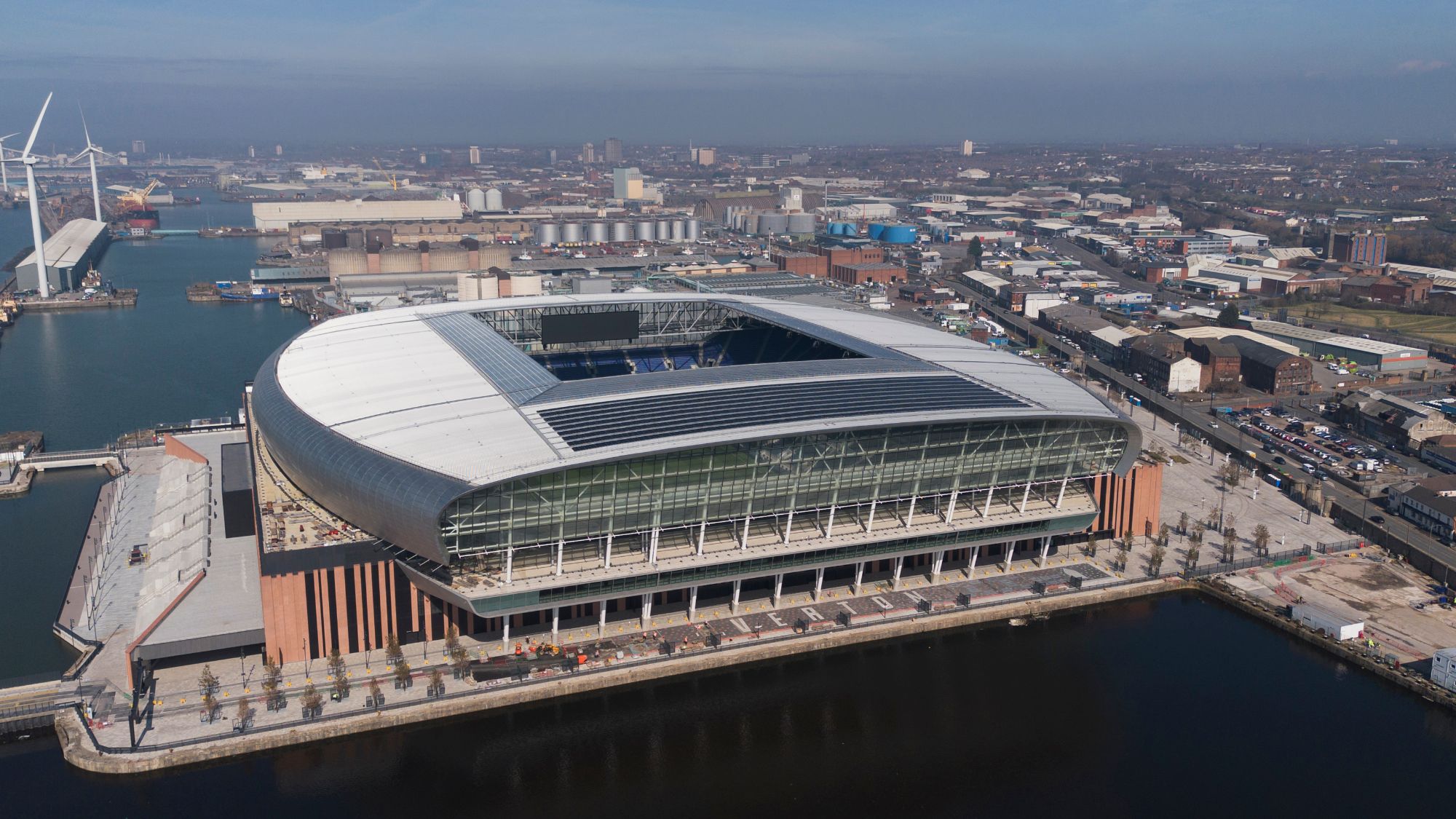 How do new stadiums affect football clubs?
How do new stadiums affect football clubs?In the Spotlight Everton's decision to move its men's team out of Goodison Park could be a catalyst for vital change, but there are cautionary tales too
-
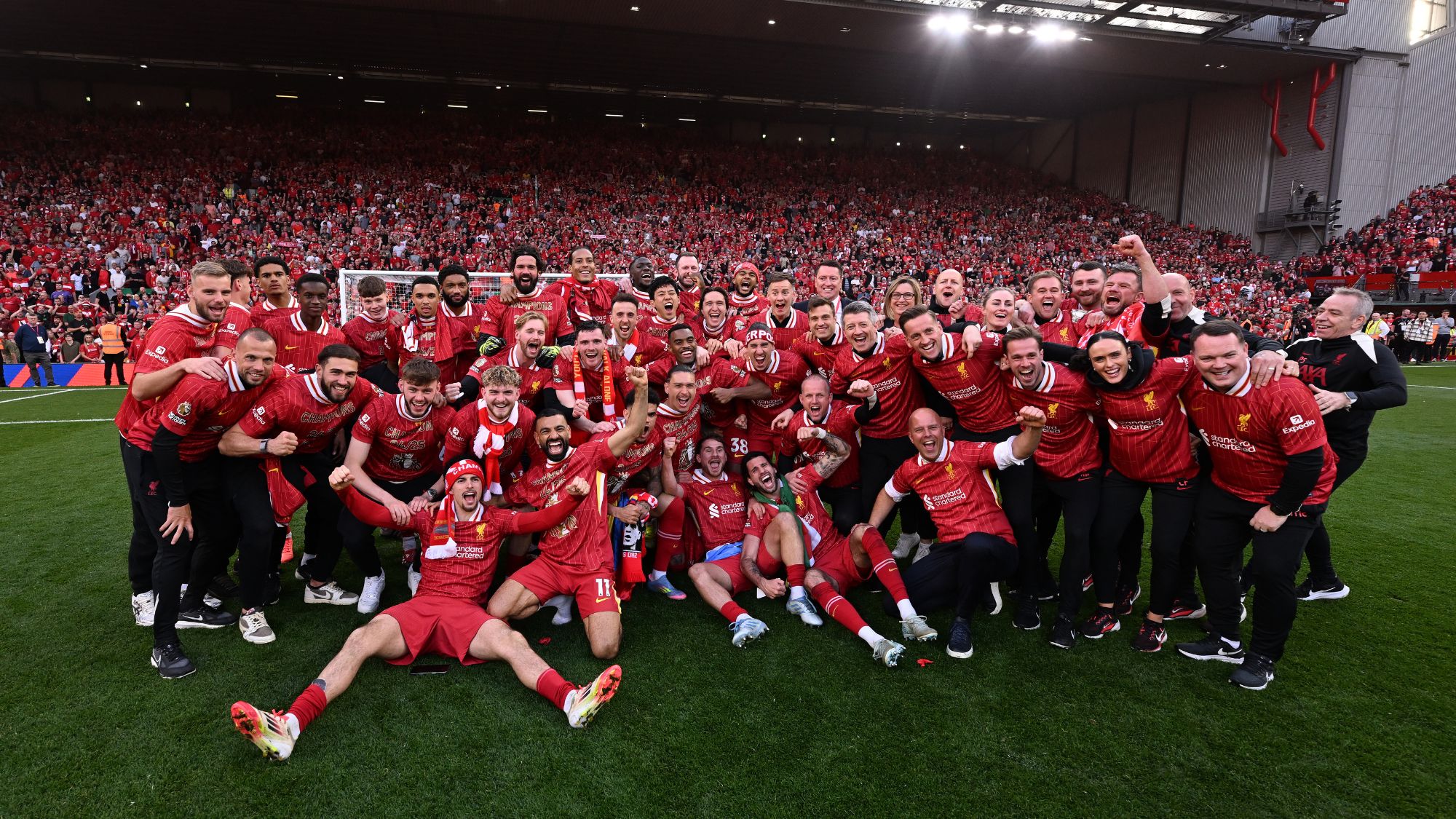 Liverpool's Anfield redemption: how did they do it?
Liverpool's Anfield redemption: how did they do it?Talking Point Arne Slot's blueprint and standout player performances guide the Reds to record 20th league title
-
 Where are all the English football managers?
Where are all the English football managers?Talking Point Eddie Howe's Carabao Cup success underlines absence of homegrown coaching talent in the Premier League
-
 New Trafford: can it fix Manchester United's footballing problems?
New Trafford: can it fix Manchester United's footballing problems?Talking Point Plan for £2 billion stadium despite staff job losses and lack of success on the pitch
-
 Will Gary Lineker's departure be an own goal for the BBC?
Will Gary Lineker's departure be an own goal for the BBC?Today's Big Question Former star striker turned highest-paid presenter will leave Match of the Day after 25 years, with BBC head of sport reportedly declining to offer him a contract
-
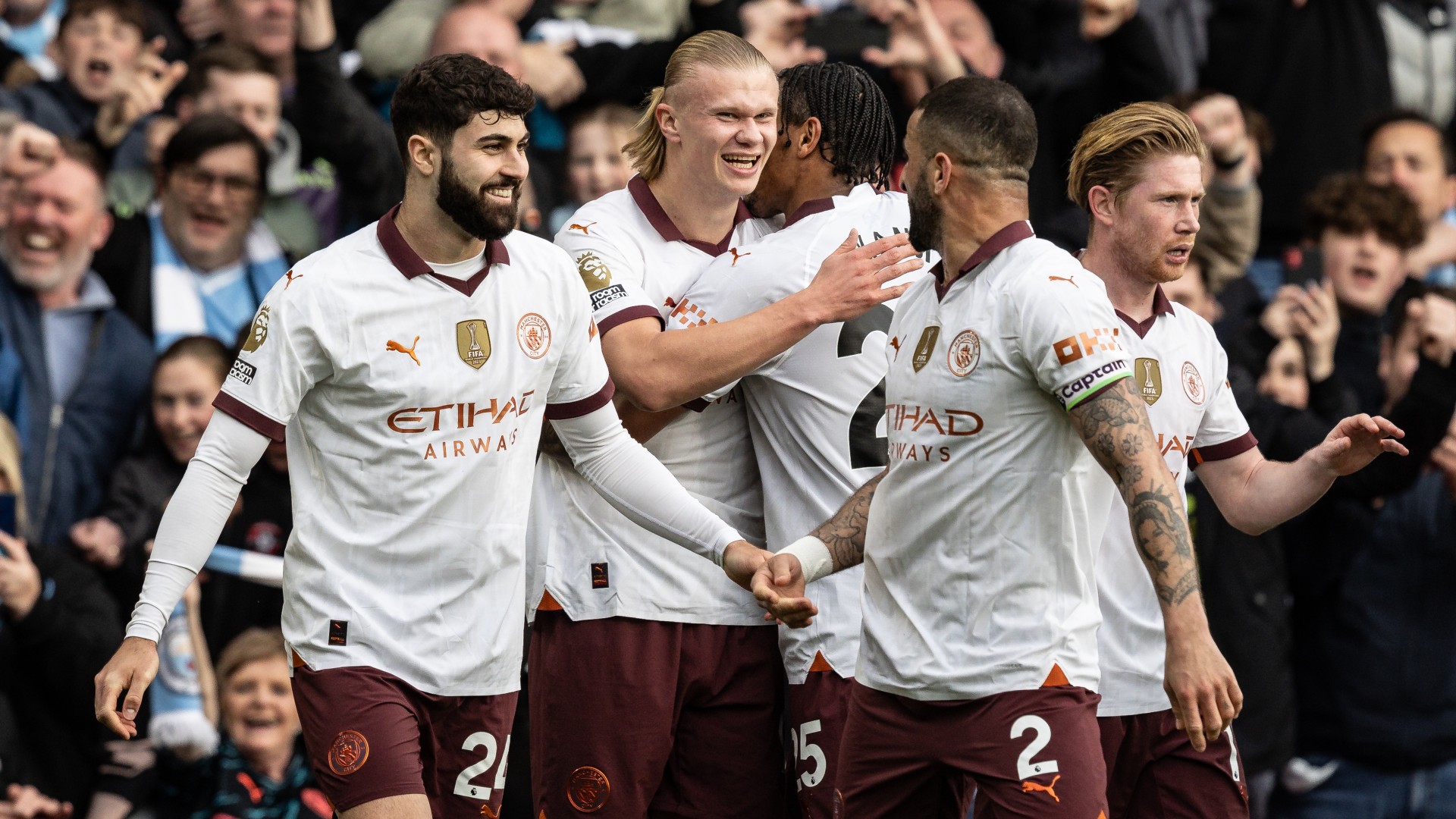 The Premier League's spending cap: levelling the playing field?
The Premier League's spending cap: levelling the playing field?Talking Point Top clubs oppose plans to link spending to income of lowest-earning club, but rule could prevent success gap from widening
-
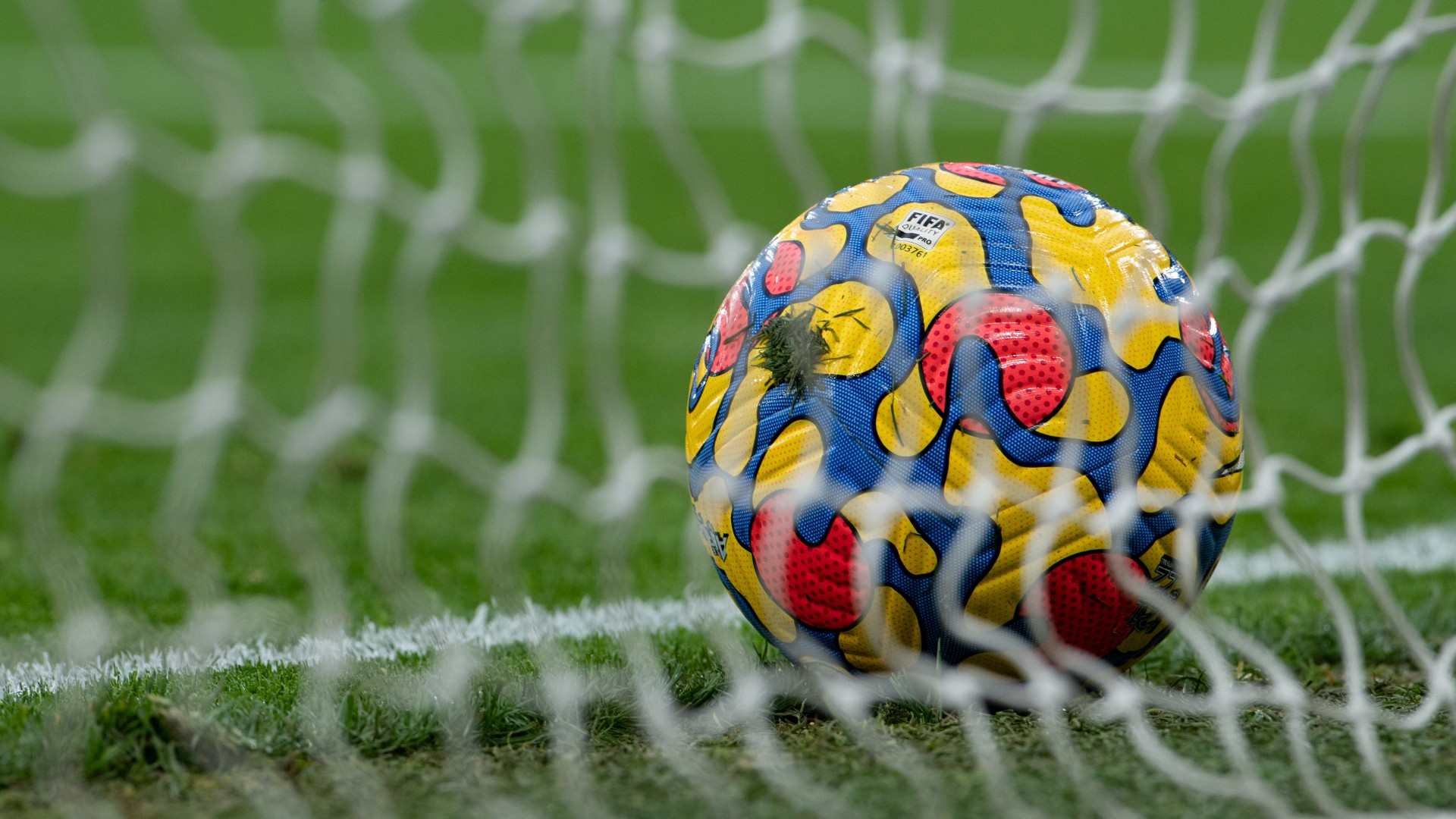 Is a new English football regulator an own goal for the game?
Is a new English football regulator an own goal for the game?Talking Point PM hails 'historic moment for football fans' but West Ham owner warns it could 'ruin' Premier League